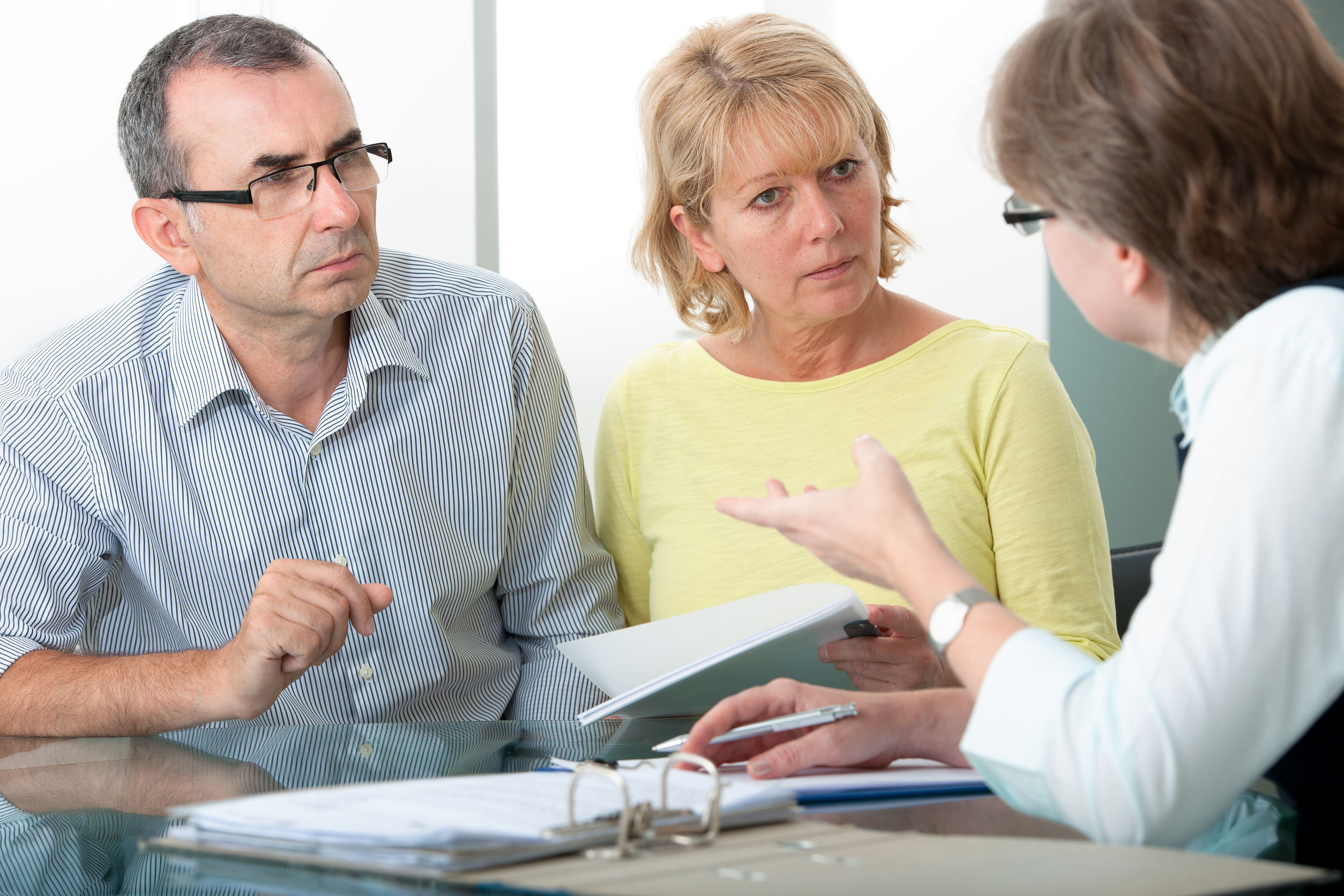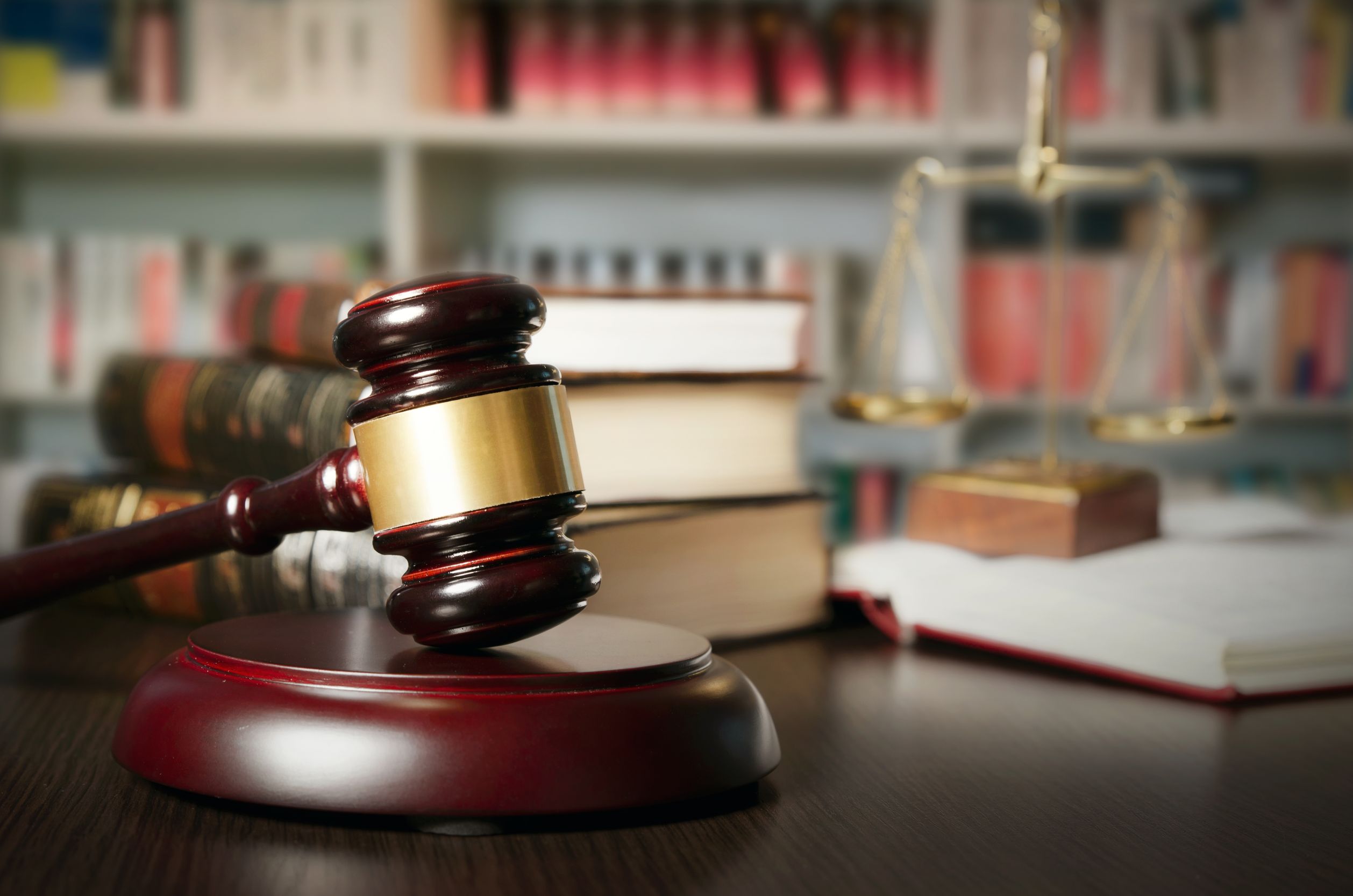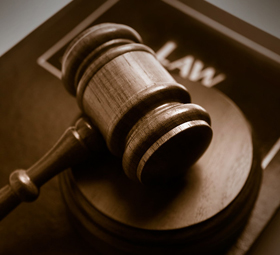When you become burdened with debt, filing for bankruptcy may seem like a good idea so you can avoid being harassed by debt collectors. However, you should be aware of the rules and consequences concerning filing before you take that step.
Hiring a Trustee
You are required to have a bankruptcy trustee to file bankruptcy and they will advise you about any options you have for resolving debt, including filing a personal bankruptcy. You will pay the trustee with what is called a surplus income payment, which is determined by your and your household’s earned income. If you don’t make enough to have a surplus income payment, then you will need to make a payment arrangement with the trustee in order for them to help with your bankruptcy.
Prior to Bankruptcy
If you are considering a personal bankruptcy in New Brunswick, the first thing you need to do is review your debts, assets, income, and the reasons why you are considering bankruptcy to resolve your issues with debt. A bankruptcy will freeze your debts and creditors will not be able to make any legal efforts to recover money. However, if you have secured debt, such as a mortgage on property, and you wish to keep that asset, you will need to continue making payments on that asset.
Dischargeable Debt
Some of your debts will be considered dischargeable and, once they have been legally discharged, you will no longer owe anything to those creditors. A debt may be considered dischargeable if it is unsecured. Some of your debts that may be discharged include:
- Balances owed on credit cards.
- Unsecured lines of credit.
- Unsecured personal loans, including payday loans.
- Back taxes
- Retail store credit balances
- Utility balances
- Past due insurance payments
- Unpaid medical expenses.
There are certain debts that will not be discharged during a personal bankruptcy, including:
- Unpaid student loans you’ve had for less than 10 years.
- Financial support for children and/or spouses.
- Court fines and unpaid restitution.
- Damages awarded after a sexual assault or inflicting harm on someone.
- Debts resulting from theft or fraud.
- Some government overpayments.
Since government overpayments can be complicated, you should consult with a trustee before determining if those overpayments need to continue or if they can be discharged.
Consequences of Bankruptcy
While you only need to be $1,000 in debt and unable to keep up the payments, a bankruptcy stays on your credit report for six to seven years after being discharged. If you go through a second bankruptcy, it will stay on your credit report for 14 years. The trustee you hire will review your financial records and help you determine if a personal bankruptcy is the right option for you to resolve any issues you have with debt.







